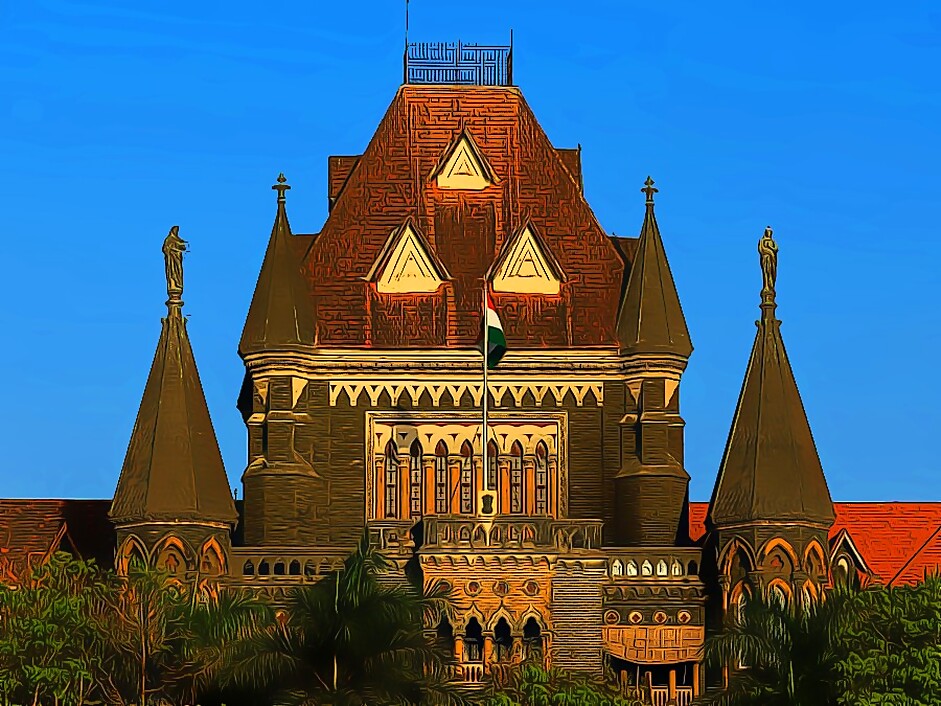Mere recovery of tainted money from accused without proof of demand will not establish offence under PC Act: Bombay HC

Read judgment: Sunil Hirasingh Rathod vs. State of Maharashtra
Pankaj Bajpai
Mumbai, September 2, 2021: While stating that demand of gratification cannot be said to be proved only on the basis of the allegations levelled in the complaint in absence of any corroboration to that effect, the Bombay High Court has ruled that mere possession and recovery of currency notes from the accused without proof of demand will not establish the offence u/s 7 of Prevention of Corruption Act, 1988.
Further, the same shall be conclusive insofar as the offence u/s 13(1)(d)(i)(ii) is concerned as in the absence of proof of demand for illegal gratification, use of corrupt or illegal means of abuse of position as public servants to obtain any valuable thing or pecuniary advantage, cannot be held to be established.
While acquitting the appellants from all the charges, the Single Bench of Justice Bharti Dangre observed that mere recovery of tainted money from the accused in absence of proof of demand is not sufficient to sustain the conviction under P.C Act.
The background of the case was that one Sunil Rathod (Assistant engineer) and Balaji Birajdar (Sub-engineer), along with two others, were convicted u/s 7, 12 and 13(1)(d) r/w 13(2) of the PC Act in 2018, being accused ofdemanding and accepting bribe of fifteen lakhs for issuing an Intimation of Disapproval Certificate for a redevelopment project.
After considering the arguments and evidences on record, Justice Dangre noted that merely because of the existence of presumption u/s 20, the burden does not shift on the accused.
“The Evidence Act do not contemplate that the accused should prove the case with the same strictness and rigor as the prosecution is required to prove a criminal charge and it is sufficient if the accused is able to prove his case by standard of preponderance of probabilities as envisaged u/s 5 of the Evidence Act as a result of which he succeeds not because he proves his case to the hilt but because probability of the version given by him throws doubt on the prosecution case”, observed the Bench.
Once the accused gives a reasonable and probable explanation, it is for the prosecution to prove affirmatively that the explanation is false, added the Bench.
Justice Dangre went on to observe that in case of criminal trial, it is not at all obligatory on the accused to produce evidence in support of its defence and for the purpose of proving his version, he can rely on the admissions given by prosecution witness or documents filed by the prosecution.
The High Court also noted that comprehensive and extensive arguments advanced on behalf of the accused persons, unfortunately went in vain as the judgment was passed by the Special Judge without even touching the evidence on record, and recording a finding that the prosecution is successful in proving the charge that accused persons have obtained pecuniary advantage to the tune of Rs.10 lakhs and Rs.5 lakhs respectively.
“The exercise which ought to have been taken by the learned Judge is required to be taken at this appellate stage and since it is permissible for this Court to re-appreciate the evidence brought on record, in exercise of its appellate powers, I was constrained to refer to the entire evidence afresh since the Special Judge did not delve into the evidence nor did not he appreciate the same, as a Court of first instance who was duty bound to scrutinize the evidence before arriving at a finding of guilt,” added Justice Dangre.
Sign up for our weekly newsletter to stay up to date on our product, events featured blog, special offer and all of the exciting things that take place here at Legitquest.




Add a Comment